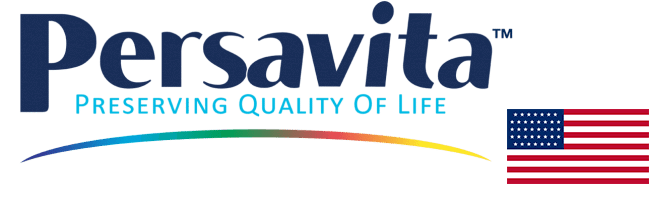Achieving optimal eye health begins with your diet. Nutrient-rich foods are the foundation for maintaining good vision and overall well-being. Incorporate green leafy vegetables like spinach, kale, and collards, along with salmon, tuna, and other sources of oily fish into your meals. Eggs, nuts, beans, and other non-meat proteins also offer essential nutrients beneficial for eye health.
Foods such as kale are rich in lutein and zeaxanthin, critical for protecting the retina from photooxidative damage by concentrating in the eye's macula. Additionally, beta-carotene, found in yellow or orange fruits and vegetables, along with vitamin C from citrus fruits, contribute to eye health. Carrots are particularly noted for their vitamin A content, crucial for vision.
Nutrients like omega-3 fatty acids, lutein, zinc, and vitamins C and E are known to help prevent age-related vision issues such as macular degeneration and cataracts. Zinc-rich foods, including beans, peas, peanuts, oysters, lean red meat, and poultry, bolster the eyes' ability to combat light damage. Clinical research suggests that dietary supplementation with lutein and zeaxanthin can increase macular pigment levels, potentially reducing the risk of age-related visual impairments.
Moreover, foods that promote circulation benefit not just your heart but also your eyes and vision. Opt for heart-healthy choices like citrus fruits, dark leafy greens, and whole grains to protect the macula from blue light and serve as antioxidants to minimize oxidative stress and damage to the retina.
Saffron 2020 is a comprehensive nutritional supplement designed to support your vision health.

Leave a comment
This site is protected by hCaptcha and the hCaptcha Privacy Policy and Terms of Service apply.